Education Expenses: Primary sees a 25pc rise, secondary 51
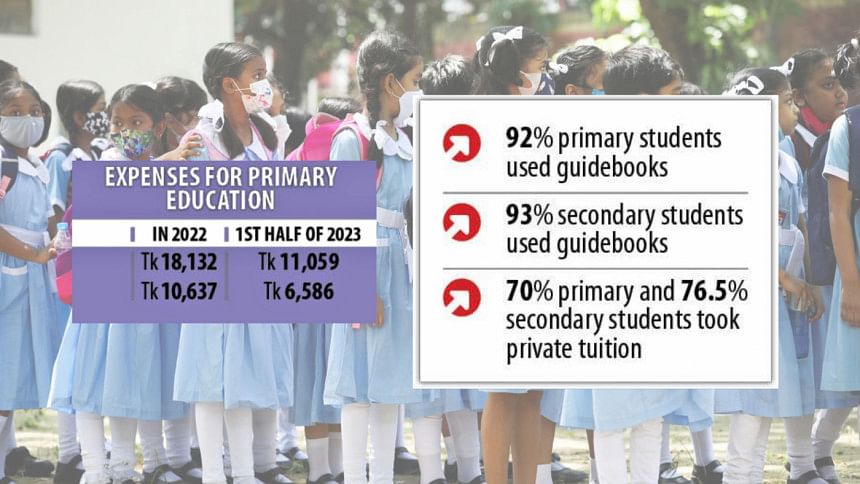
During the first half of last year, out-of-pocket expenses rose by 51 percent for secondary level education and 25 percent for primary level education, according to a study.
The average annual cost of education for a 9th grader was Tk 27,340 in 2022. In the first six months of last year, it was Tk 20,712, says the report by Education Watch, a civil society platform of researchers.
The numbers indicate a 51 percent rise in annual spending, said Mostafizur Rahaman, one of the researchers, while presenting the findings at a press conference in the capital's CIRDAP auditorium yesterday.
The average annual spending for a family on a 5th grader was Tk 13,882 in 2022. In the first half of 2023, it was Tk 8,647, he said, adding that it indicated a 25 percent annual rise as per the research, he added.
The study was done on 2,077 students, 3,129 parents, and 2,019 teachers, school management committee members, and government officials from 26 upazilas across the country.
The price hike of education materials and inflation have caused the out-of-pocket expenditure in education to shoot, and the financial burden on families has increased to an unbearable level, said Manzoor Ahmed, founder of the Institute of Educational Development at BRAC University.
As classroom lectures prove to be inadequate, the students rely on costly private tuition, coaching centres and so-called guidebooks.
"In many cases, teachers force students to use guidebooks, notebooks and take private lessons," he told The Daily Star.
According to Unesco Global Education Monitoring Report 2022, families bear 71 percent of the total education expenses in Bangladesh.
Jahangir Alam, father of two primary school students in the capital's Mirpur, said, "We are compelled to hire private tutors because the quality of classroom teaching is questionable."
GUIDEBOOK USE RISES
In 2022, 79 percent of primary and 82.5 percent of secondary students used guidebooks bought from markets. In 2023, 92 percent of primary and 93 percent of secondary students used guidebooks.
In 2023, 70 percent primary and 76.5 percent secondary students had private tutors.
The reliance on guidebooks is widespread as classroom learning is inadequate. Guidebooks are aggressively marketed, and incentives are offered to teachers who encourage students to purchase them, the study found.
Instead of being an optional aid for students, guidebooks are now an essential tool for students and teachers, according to the report.
Note-Books (prohibition) Act, 1980 prohibits printing, publication, import, distribution and sale of guidebooks for students below grade 9.
EFFECT OF COVID-19
Around 4.5 percent of grade 2 students and 6 percent of grade 6 students dropped out of school after the pandemic.
Of them, 76.6 percent of 2nd graders and 59.8 percent of 6th graders said they left school amid financial hardship. Besides, 3.9 percent primary and 39 percent secondary students fell victim to child marriage.
Of the 276 girl dropouts from secondary schools interviewed, 219 said their parents married them off.
Forty-one percent primary and 58 percent secondary students had internet access at home, but only 24 percent primary and 46 secondary students used it for studies.
The report recommends stipends and targeted financial and academic assistance to bring dropouts back to schools.
Qazi Kholiquzzaman Ahmad, co-chair of the education policy formulation committee, said the study only presented a partial picture of the impact of Covid-19.
Noted educationist Rasheda K Choudhury said they will submit the report to the authorities concerned.
Contacted Prof Nehal Ahmed, director general of Directorate of Secondary and Higher Education (DSHE) said yesterday that in some cases classroom instruction for a student remains inadequate.
"But you cannot make sweeping the comment that classroom instruction is inadequate", he added.
He said they held a meeting with several hundred headteachers, who told them that the use of guidebooks and students' reliance on private tuition have decreased.
But the study contained new information about the use of guidebooks and private tuition, so they will enquire about it, he added.

 For all latest news, follow The Daily Star's Google News channel.
For all latest news, follow The Daily Star's Google News channel. 



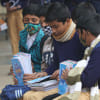
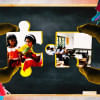

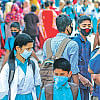
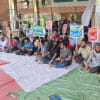


Comments